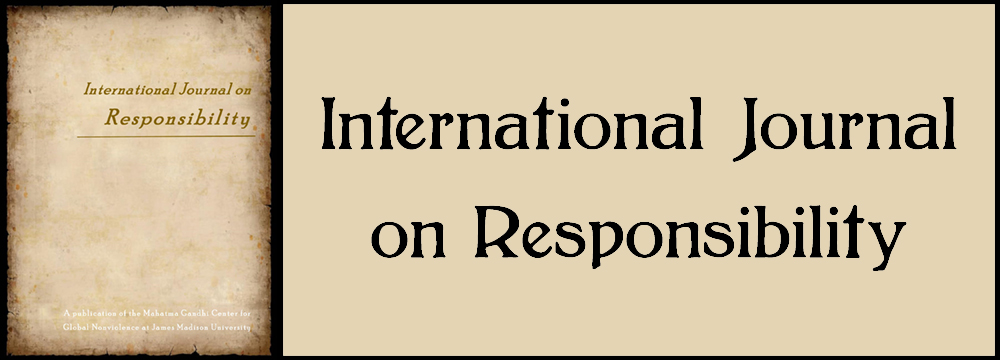
Examining Remorse in Attributions of Focal Concerns During Sentencing: A Study of Probation Officers
Abstract
This research, using interviews with probation officers in the United States (n = 151) and a constant comparative method for analysis, draws from the focal concerns framework to qualitatively model a process by which probation officers use a defendant’s remorse to attribute focal concerns in order to guide their sentencing recommendations in pre-sentencing reports. The model suggests that officers use expressions of remorse to make attributions about mitigated criminal intention (blameworthiness and notions of responsibility), reduced dangerousness and a high potential for reform (community protection), and organization-level effects for increasing caseload efficiency and using correctional resources (practical effects of sentencing). Then, officers appear to use attributions from two remorse-guided focal concerns (blameworthiness and community protection) to directly advise their recommendations for more lenient sentencing outcomes. Finally, as probation officers also described feeling sincerely responsible for providing critical information to the court about a defendant’s background and remorse, contributions and implications of this model for criminal sentencing are discussed.
Type of Issue
Special issue
Recommended Citation
Berryessa, Colleen M.
(2023)
"Examining Remorse in Attributions of Focal Concerns During Sentencing: A Study of Probation Officers,"
International Journal on Responsibility: Vol. 6:
Iss.
1, Article 1.
DOI: https://doi.org/10.62365/2576-0955.1082
Available at:
https://commons.lib.jmu.edu/ijr/vol6/iss1/1
DOI
10.62365/2576-0955.1082
Creative Commons License

This work is licensed under a Creative Commons Attribution-NonCommercial-No Derivative Works 4.0 International License.
Included in
Courts Commons, Criminal Law Commons, Criminal Procedure Commons, Criminology Commons, Criminology and Criminal Justice Commons, Law and Psychology Commons, Law and Society Commons, Other Legal Studies Commons, Psychology Commons, Public Policy Commons, Social Control, Law, Crime, and Deviance Commons, Social Justice Commons, Social Policy Commons


